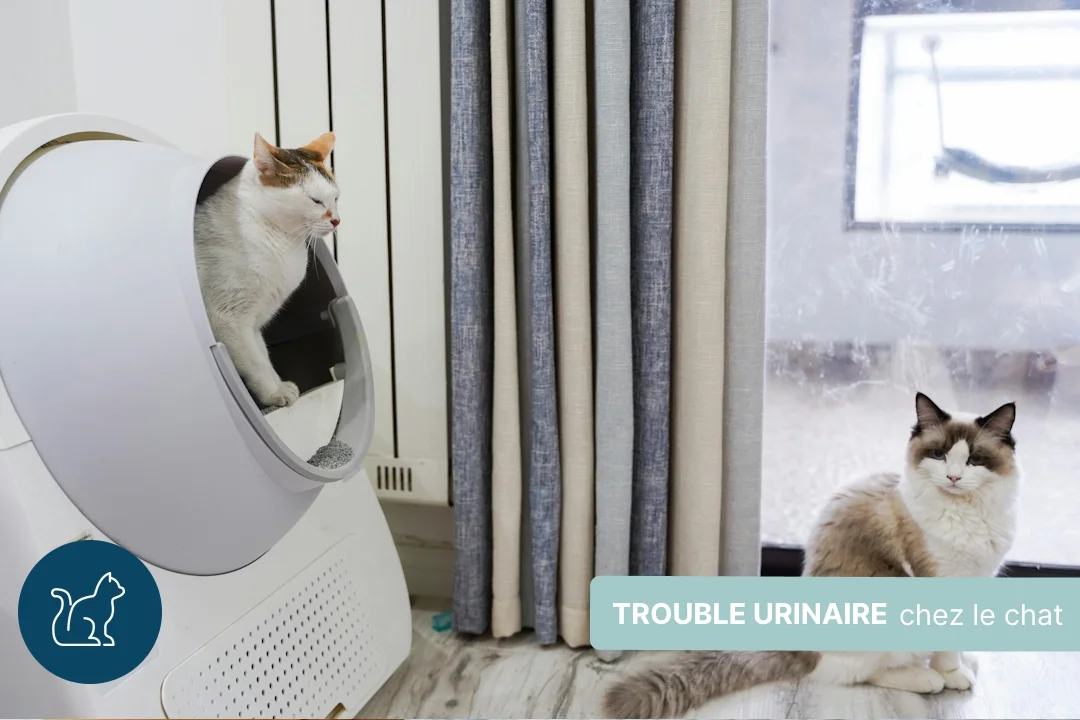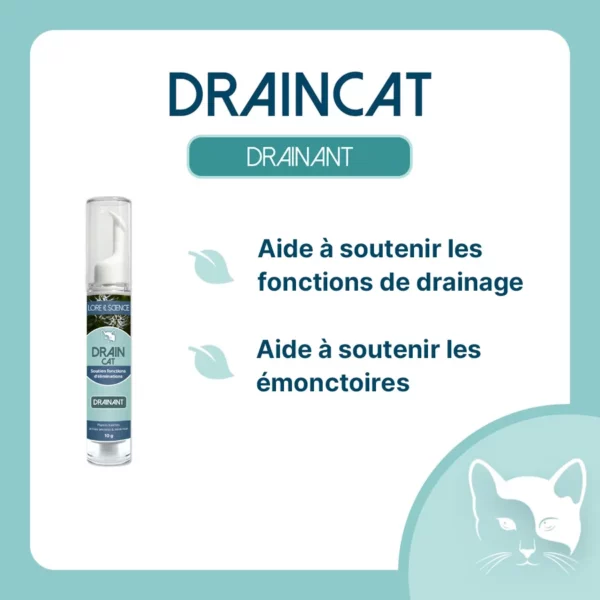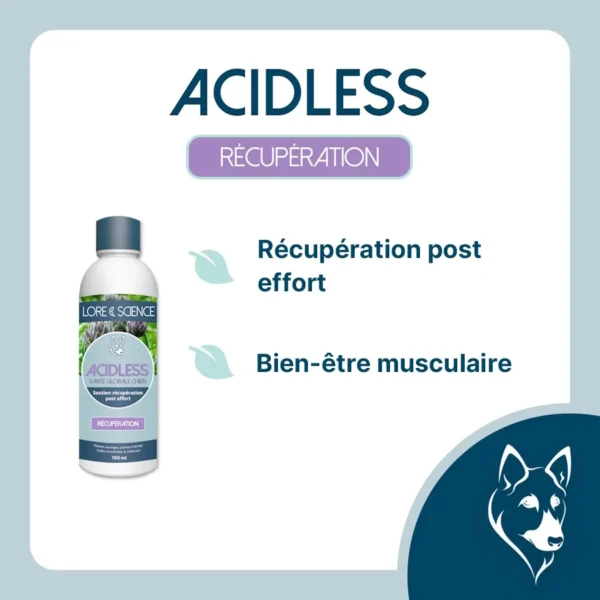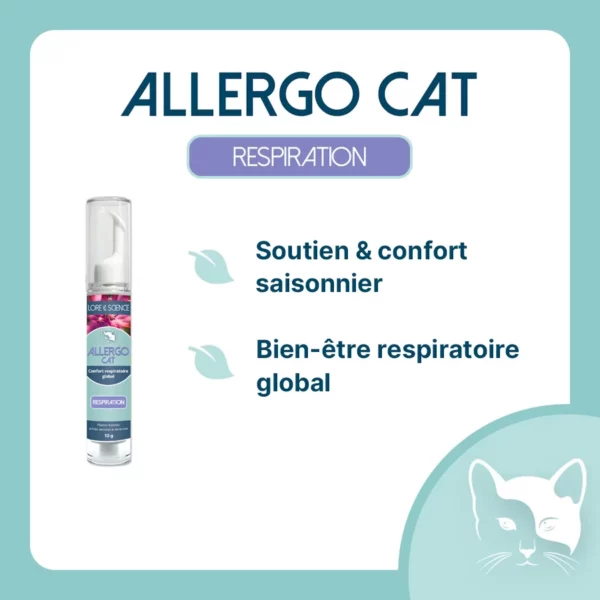Seeing your cat struggling to urinate is worrying. These difficulties may indicate serious problems with your feline's urinary system. Every part of theurinary tract - from the kidneys to the bladder - plays a crucial role in eliminating waste and keeping your cat healthy. Lore & Science guides you through the possible causes of these difficulties, the symptoms to watch out for, and the steps to follow to help your companion return to normal, pain-free urination.
Signs of difficulty urinating in cats
Cats are often discreet animals when they're in pain, but there are several telltale signs of difficulty urinating that you can spot. For example, your cat may try to use the litter box more often, without much success. You may also notice that he spends a lot of time in a urination position without producing much urine, or worse, any at all. Another sign isbloody urine, which can indicate a urinary tract infection or kidney stones. Your cat may also express pain by meowing or complaining during elimination. Finally, lethargy, loss of appetite, and even behavioral changes such asaggression can indicate that something is wrong.
Causes of difficulty urinating in cats
Urinary tract infections
Urinary tract infections are among the most common causes of difficulty in urinating in cats, especially females. They occur when bacteria enter the urethra and travel upwards to the bladder. This bacterial invasion causes inflammation, makingurination painful and difficult. An untreated urinary tract infection can spread to the kidneys, leading to a serious kidney infection, or pyelonephritis, which can damage these vital organs.
Kidney and urinary stones
Kidney and urinary stones, also known as uroliths, are solid mineral formations that can develop in your cat's kidneys, bladder orurethra. These stones can block the normal flow of urine, making urination difficult or impossible. Kidney stones are particularly painful and require immediate medical attention. Their presence may be due to a mineral imbalance, often linked to diet or genetic predisposition. If left untreated, kidney stones can cause permanent damage to the kidneys, leading to renal failure.
Renal failure
Kidney failure is another possible cause of difficulty urinating in cats, and can be acute or chronic. This condition occurs when the kidneys no longer function efficiently to filter waste products from the blood and produce urine.Chronic renal failure usually develops slowly, over several months or years, whereasacute renal failure appears suddenly, often following an infection, intoxication, or obstruction. Cats suffering from renal failure may find it difficult to urinate due to an accumulation of toxins in their body, affecting the entire urinary system.
Diseases of the urinary tract
Other diseases of the urinary tract, such as feline interstitial cystitis (FIC) or feline lower urinary tract disease (FLUTD), can also cause difficulty in urinating. ICF is a chronic inflammation of the bladder, often with no identifiable infectious cause, which causes pain and difficulty in urinating. MVUIF, on the other hand, groups together several urinary disorders, including infections, stones and cystitis. These conditions are often exacerbated by stress, inappropriate diet or lack of hydration.
How can you help your cat overcome these difficulties?
Consult a vet immediately
The first step is to consult a vet as soon as you notice your cat is having trouble urinating. Urinary problems can quickly become medical emergencies, especially if an obstruction is present. The veterinarian will perform a physical examination and tests (urinalysis, X-rays, ultrasound, etc.) to identify the underlying cause.
In the case of urinary tract infection, antibiotics may be prescribed to eliminate the infection. If kidney stones are present, specific treatment, such as dissolving the stones with a special diet or, in some cases, surgery, may be required. In the case of renal failure, supportive treatment with a suitable diet and medication to control symptoms will be put in place.
Stay well hydrated
Hydration is crucial to your cat's urinary health. Encouraging regular water consumption helps prevent urinary tract infections and kidney stones. If your cat isn't naturally inclined to drink a lot of water, you can try using cat water fountains, which stimulate their curiosity and encourage them to drink more. You can also add water to their dry food or switch to a wet diet to increase their water intake.
Adapt your cat's diet
Careful attention to diet is essential in the prevention and treatment of urinary problems. Foods specially formulated for cats with urinary problems help maintain an appropriate urinary pH and reduce the risk of stone formation. It is essential to seek the advice of your veterinarian before introducing any changes to your cat's diet, especially if he or she is prone to chronic urinary problems, to ensure that nutritional choices are adapted to his or her specific needs.
To further support your feline's urinary health, you can include DrainCat in his diet. This 100% natural food supplement is specially formulated to protect the urinary system and support the elimination functions of the kidneys and liver. Recommended for cats suffering from kidney failure or urinary difficulties.
-
DrainCat - Natural elimination support for cats
The initial price was €18.90.15,90 €The current price is €15.90.
Preventing urinary problems in cats
Maintain a healthy weight
Obesity is a risk factor for many health problems in cats. Overweight cats are more likely to develop kidney stones and other urinary disorders. Make sure your cat stays active with regular play and provides a balanced diet adapted to its caloric needs.
Provide clean, accessible litter
Cats are very fussy about the cleanliness of their litter box. A dirty or inaccessible litter box can discourage them from urinating. Urine retention tends to lead to urinary problems. Be sure to clean the litter box daily and place it in a quiet, easily accessible spot. If you have several cats, it's advisable to provide one litter box per cat, plus one extra.
When to worry and seek urgent medical attention
If your cat hasn' t urinated for more than 24 hours, if it seems extremely painful when trying to urinate, or if you notice the presence of blood in its urine, consult a veterinarian immediately. Complete urinary obstruction , often caused by stones or urinary plugs, can be fatal if not treated promptly. Failure to urinate is particularly serious, as it can lead to a rapid build-up of toxins in the bloodstream, putting your cat's life at risk. In such cases, rapid veterinary intervention, often in the form of catheterization or surgery, is required to unblock the urethra and enable your cat to resume normal urination.
Conclusion
Difficulty urinating in cats is not a problem to be taken lightly. Urinary tract infections, kidney stones or kidney failure are all potential risks that should not be overlooked. The key to helping your cat lies in careful observation, rapid response and ongoing prevention. Consult your vet at the first sign of difficulty in urinating. As you can see, a healthy environment, a balanced diet and regular medical check-ups are the best ways to keep your feline's urinary tract healthy.
Share your experience or questions with us in the comments ↓
















